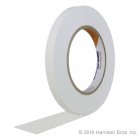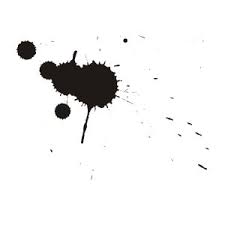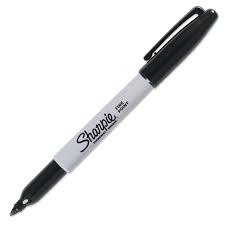
We love Sharpie Markers and have used them for console labeling for years. I haven’t mixed sound in a long time, but there is a Sharpie in my pocket right now. I use it all the time.
We recently came across what may be the best console labeling tool ever. It is a single indelible marker with different tips on its two ends. Genuis!
Quite often, you need to write more info on your console labels than can be easily accommodated with a standard fine point sharpie. The longer you use it, the broader the tip becomes.
With the dual point marker, you can simply switch to the other end if you need to add details to the marking tape.
Dual point markers are considerably more expensive than two separate Sharpies, but the convenience just might make it worth the cost.












